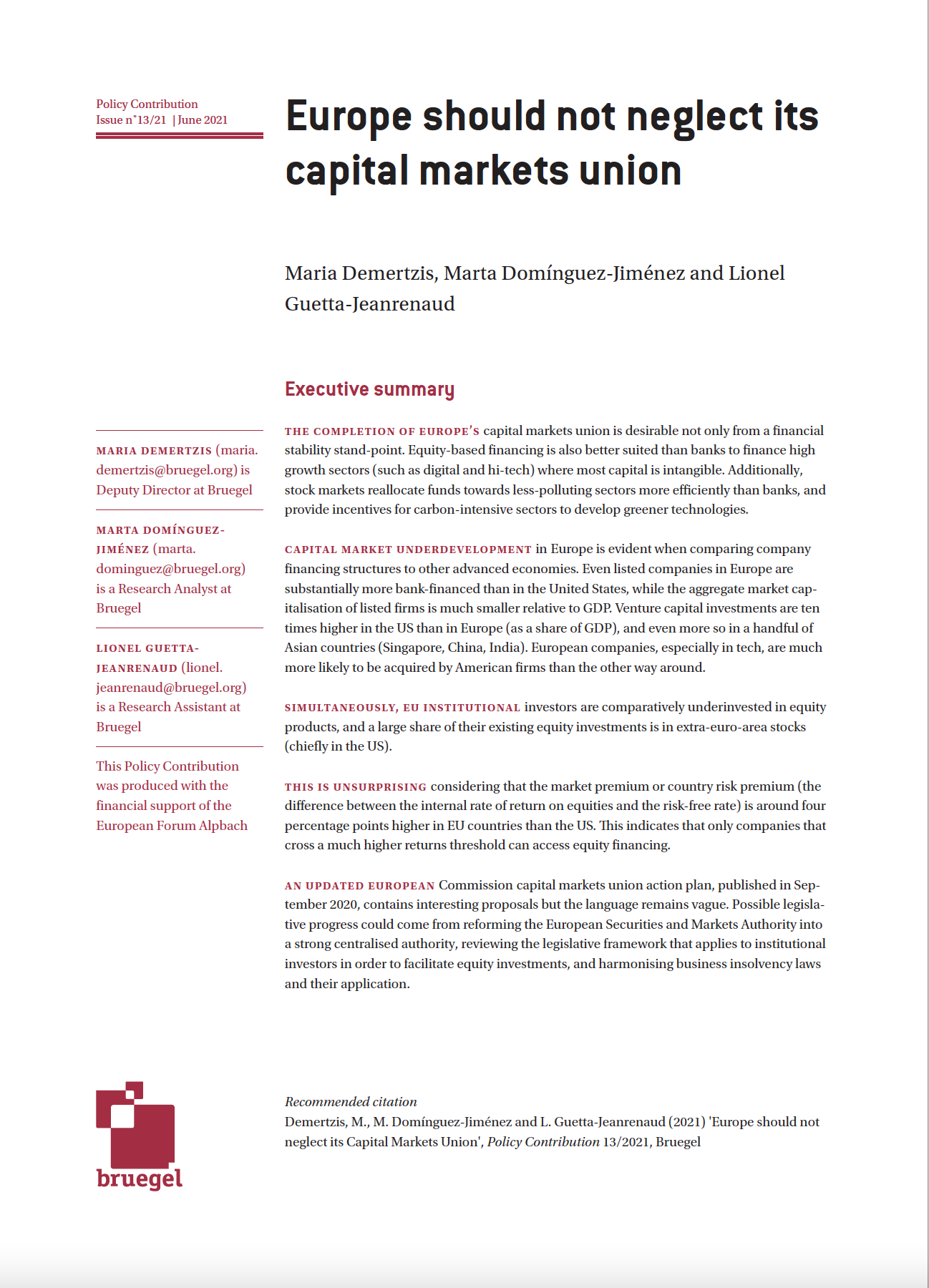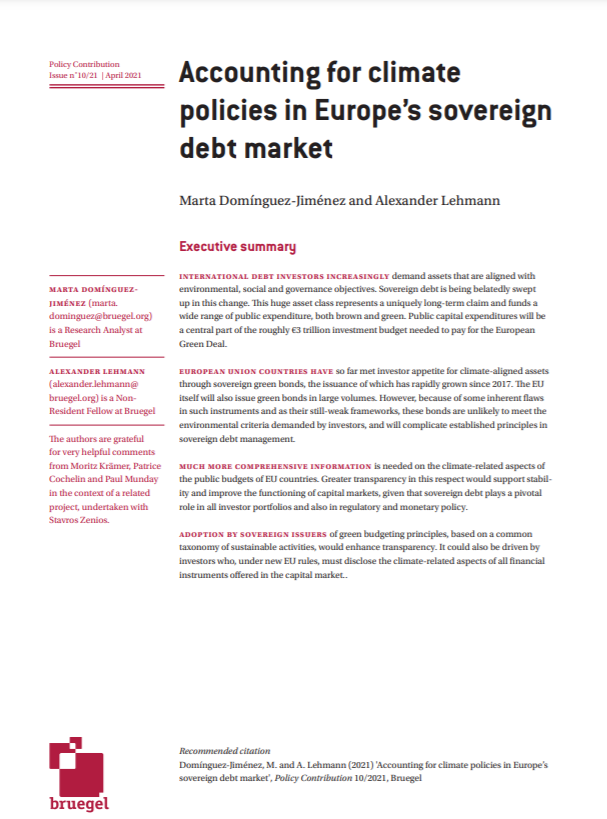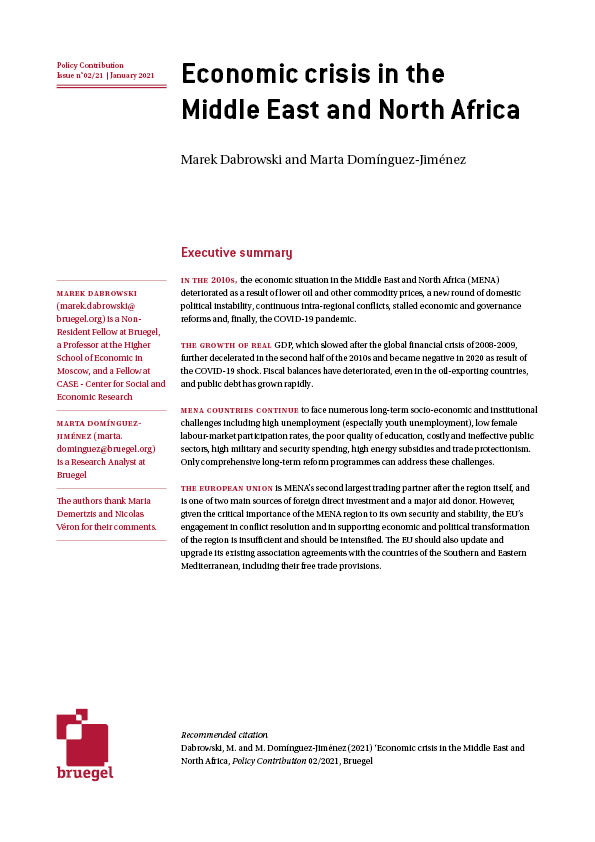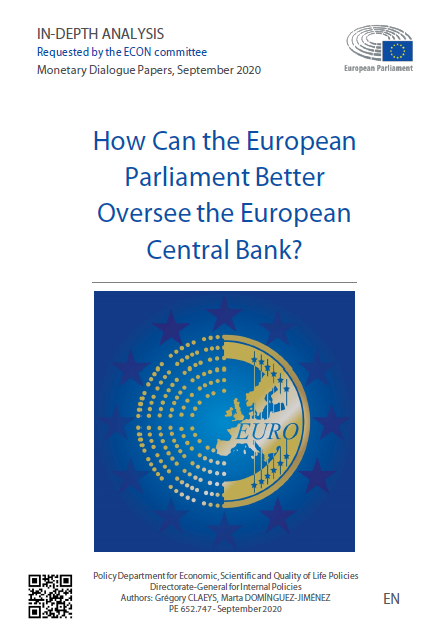Europe’s China problem: investment screening and state aid
China’s state capitalist economy poses a challenge to EU openness to foreign investment. In response, the European Commission 17 June published a White Paper on “levelling the playing field with regard to state aid”, contemplating sensible and balanced policies to protect the integrity of the European single market from subsidised foreign acquisitions. However, against the backdrop of collapsing global capital flows and limited existing FDI from China, there is little risk of excessive exposure, indeed a deepening of bilateral investment flows would be beneficial for both economies.
By: Marta Domínguez-Jiménez, Niclas Poitiers and Bruegel
Topic: Global economy and trade
Date: July 2, 2020













